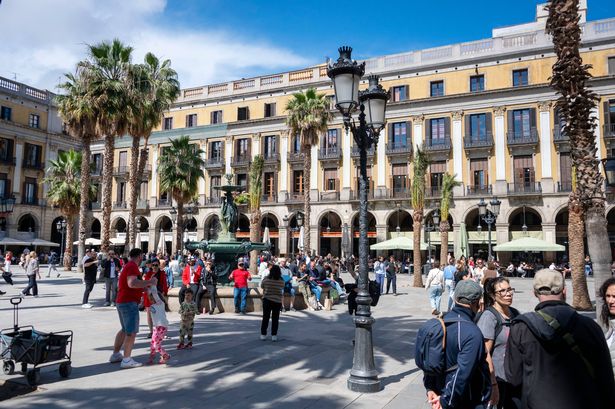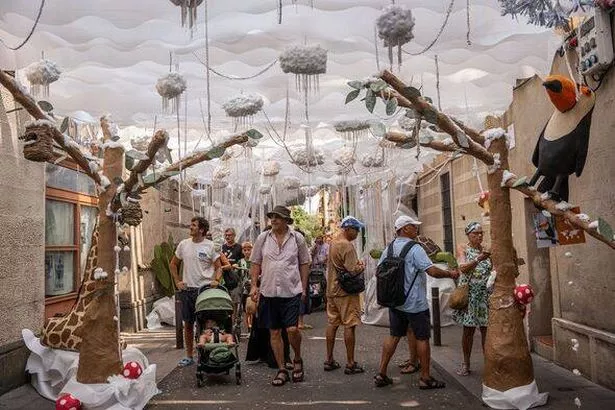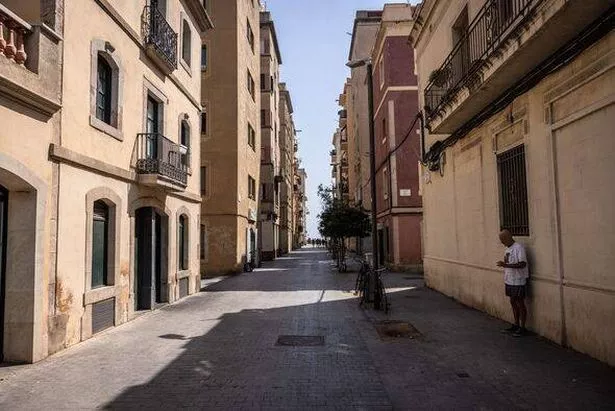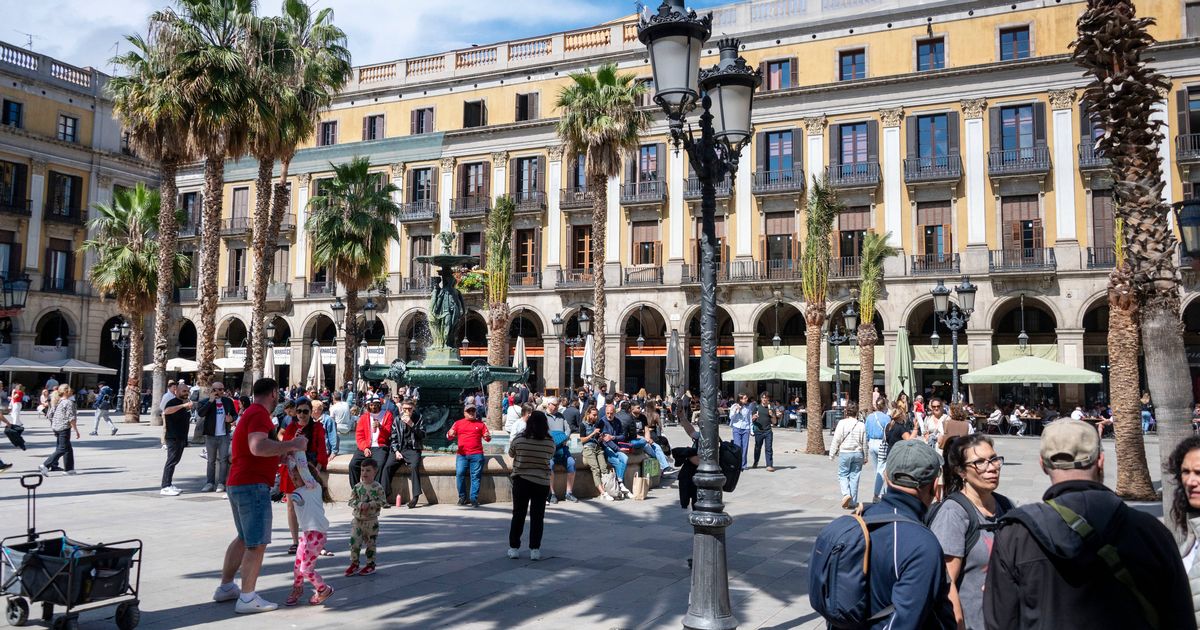Gemma Askham, who has been living in Barcelona for nearly a decade, is one of a number of British expats to comment on how much the city has changed in recent years A British expat has spoken about how life has changed in Barcelona(Image: SOPA Images, SOPA Images/LightRocket via Getty Images)
A British expat has spoken about how life has changed in Barcelona(Image: SOPA Images, SOPA Images/LightRocket via Getty Images)
A UK expat living in Barcelona has revealed that locals are becoming increasingly frustrated with the transformation of their neighbourhoods.
Gemma Askham relocated to the popular Spanish city in 2017 due to her half-Spanish husband’s work and has resided there ever since.
While the initial six years passed relatively uneventfully, a surge in expats, coupled with anti-tourism sentiment fuelled by the Southern Europe Network Against Touristification (SET) movement, has altered the local area.
The influx of foreigners and tourists to Barcelona has led to the economy adapting to their preferences and requirements, rather than vice versa. Gemma noted that this dynamic between expats and their adopted country became more pronounced following the Covid-19 pandemic.
In an article for Grazia, she stated: “In 2023, a street pedestrianisation project aimed at improving community life was completed. But there are now eight English-named brunch cafes within two blocks.”
 Multiple expats have spoken about how Barcelona has changed post-pandemic(Image: Getty)
Multiple expats have spoken about how Barcelona has changed post-pandemic(Image: Getty)
Gemma also wrote about her 69-year-old neighbour, Toni Fontclara, who was “bemused” by people lining up at 11 o’clock in the morning for avocado on toast – “a dish not from the region, served at an unheard-of eating hour for the Spanish, with a menu in a language he doesn’t speak”.
Gemma isn’t alone in observing the changing face of Barcelona, which has seen a decrease in tourists following years of anti-tourism protests.
Another Briton, also residing in Barcelona, said that certain areas of the city had become significantly quieter, as people are deterred from travelling there.
 Some expats Barcelona has quietened down due to reduced tourist numbers(Image: Getty)
Some expats Barcelona has quietened down due to reduced tourist numbers(Image: Getty)
Laura, who has lived in the city for two-and-a-half years, took to social media to post videos of empty streets earlier this month, documenting how quiet they were throughout the day.
She said: “Day one of recording how quiet Barcelona is now the tourists don’t feel welcome. The businesses must be feeling it The streets are so quiet now. These businesses last year used to wake me up in the morning. One has just recently been renovated.”
The documentary evidence serves to demonstrate how effective some of the protests have been, but others are divided over their purpose.
Whilst some protesters have been calling for tourists to go home, others believe the protests are a result of a desire to protect locals, rather than antagonise tourists.
Professor Marina Novelli explained: “Places like Lisbon, Venice and Barcelona are increasingly reduced to lifestyle backdrops where locals feel like strangers. The SET movement is about cross-border solidarity. Ultimately, it’s not anti-tourist, it’s pro-resident.”
